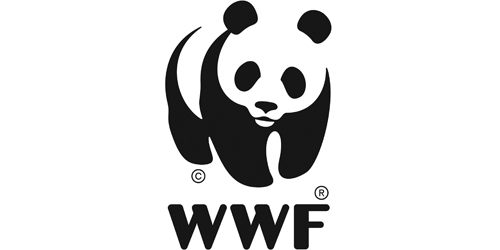

WWF's latest energy report 'Warm homes, not warm words' highlights how the opportunity to create warm, affordable low-carbon homes and workplaces is at risk unless the government takes action.
Currently just 2% of UK heating demand is met by low-carbon sources and the government is ‘very far’ from the 25% goal to be achieved by 2030 outlined in the fourth carbon budget, according to the Committee on Climate Change.
Heating accounts for 32% of the UK’s greenhouse gas emissions and 44% of our energy use. Failure to address its contribution to carbon emissions will seriously undermine our efforts to meet our climate change targets.
Zoe Leader, WWF-UK’s climate and energy specialist said: “The government’s support for renewable heat is making slow but steady progress, but at the current rate will fail to meet our climate change goals. In the next 15 years, the UK needs to insulate 8 million lofts, install nearly 4 million heat pumps and quadruple the number of homes connected to heat networks. That’s not going to happen without stronger government support. The prize at the end will be many more warmer, healthier homes that are cheaper to run.
“WWF’s report shows that there is real opportunity to reduce our carbon footprint from heating. It is clear that strong Government policies can address the barriers to large scale deployment, help reduce our reliance on imported fossil fuels while supporting enterprise and innovation in a new industry.”
To deliver sustainable and affordable low-carbon heat, the WWF has suggested that government should:
While acknowledging the scale of the challenge, WWF’s report demonstrates that the scenario set out by the Committee on Climate Change can be achieved with the right policies and support. Low carbon heat is one area that can help deliver the step-change in reducing carbon emissions necessary to meet the carbon budgets.
If you'd like to keep up-to-date with the latest developments in the heating and plumbing industry, why not subscribe to our weekly newsletters? Just click the button below and you can ensure all the latest industry news and new product information lands in your inbox every week.